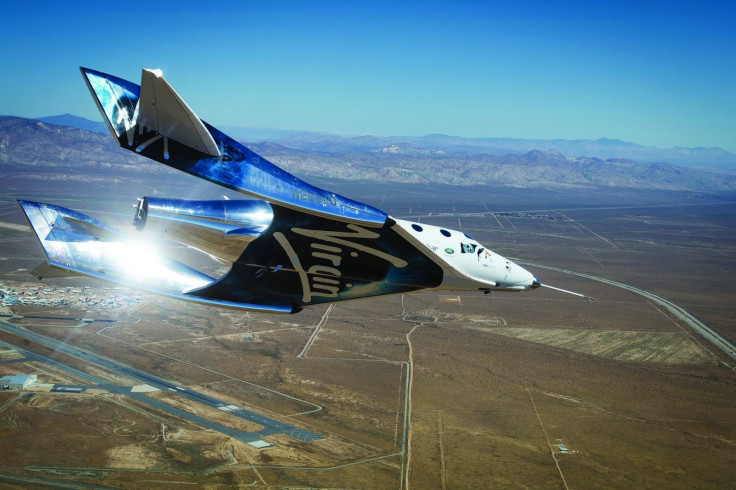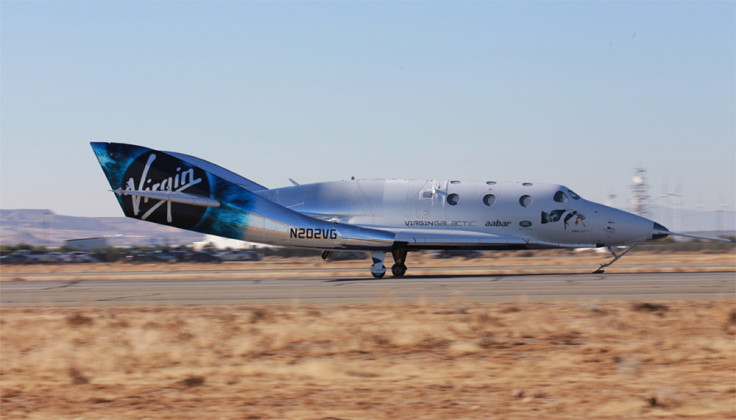Virgin Galactic SpaceShipTwo nails another glide test, inches closer to first powered flight
How soon Virgin Galactic will start its short trips to space depend on the progress of these flights.

Virgin Galactic has nailed another glide test with VSS Unity, the second SpaceShipTwo model designed in the hopes of undertaking suborbital space trips.
During the test, VSS Unity was taken up to an altitude of 50,000ft via a carrier aircraft dubbed VMS Eve. From there, the fancy spaceplane was dropped to glide through the air without firing its hybrid rocket engine and make a successful landing.
The test, a precursor to powered flights, was pretty much similar to the previous six glides and focused on stability and control of the craft.
However, on this occasion, the vehicle also descended while going transonic, with speeds around Mach 0.9 – the maximum it could achieve without a rocket-powered boost, according to Virgin Galactic.
In order to replicate the conditions of a powered flight, the plane carried a water ballast that simulated the weight and positioning of the motor and was jettisoned at an altitude of around 22,000ft. It also had a thermal protection system (TPS), a protective silvered film which protects the vehicle from extreme heat generated by air friction during rocket-powered boost and supersonic re-entry.
Though the results of the test will be reviewed, Virgin Galactic hopes it would be the final glide test before powered flights are initiated. Back in October, Mike Moses, the president of the company, had said they were looking to conduct the first powered test by the end of 2017, which could mean that the first powered flight could be just around the corner.
Exciting day for @virgingalactic with #SpaceShipTwo dropping down from 50,000ft straight down at 0.9 Mach - (hopefully) final glide test flight
— Richard Branson (@richardbranson) January 11, 2018
The progress of these tests in the coming months will tell how soon Virgin Galactic will start suborbital space tours with VSS Unity. As of now, the company charges $250,000 (£190,000 approx) per passenger for a single two-and-a-half hour trip (with six minutes of weightlessness) and has already sold some 700 tickets.
"The first thing you want to do is kind of predict what you're going to see, fly it, make sure you got what you thought so you know that your prediction for the step after that is right. We'll take our time with it," Moses said at the International Symposium for Personal and Commercial Spaceflight (ISPCS). "We're going to fly when we're ready."
Virgin Galactic's hopes for space tourism have been plagued by several delays over the years. In 2014, the spacefaring giant suffered a major setback when its original spaceplane VSS Enterprise broke apart during a test flight.






















